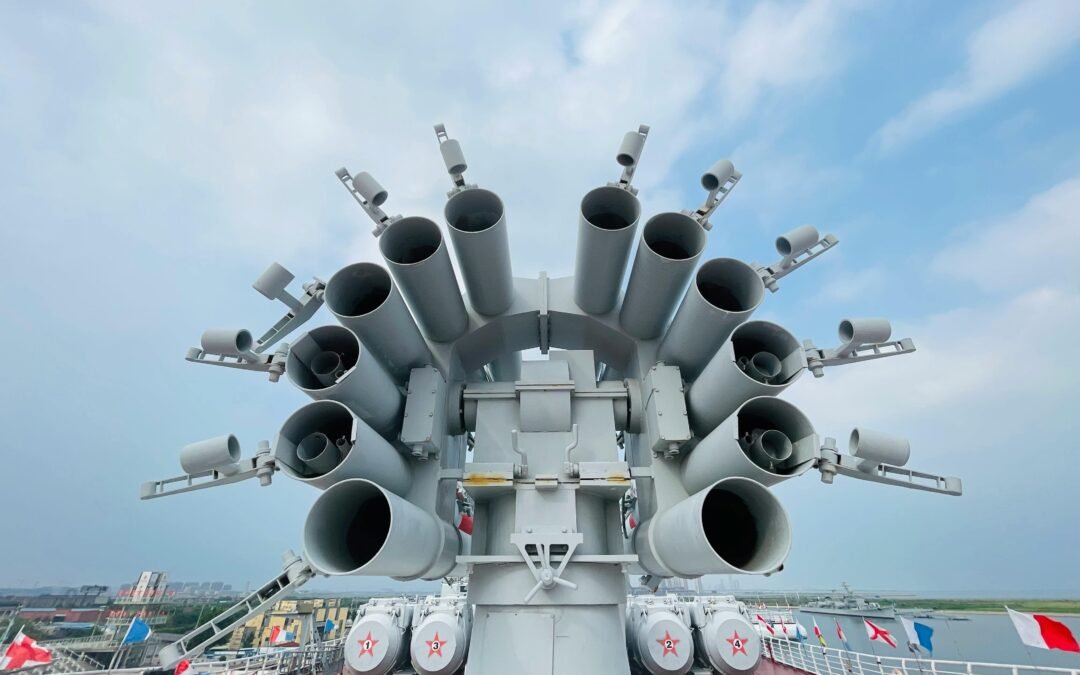The Context of the Conference
The situation surrounding Taiwan has become an increasingly focal point of global geopolitical tensions, particularly in the context of U.S.-China relations. The recent conference hosted by the Center for Strategic and International Studies (CSIS) highlighted the potential ramifications of a Chinese blockade of Taiwan, as outlined in its report titled “Lights Out?” War Gaming a Chinese Blockade of Taiwan.” This essay seeks to explore the key findings of this conference, the scenarios that experts outlined, and the broader implications for international trade and security.To discuss the intricate dynamics surrounding a potential Chinese blockade of Taiwan.
With Taiwan’s critical role in global supply chains—especially in the technology sector—any disruption could trigger cascading economic repercussions worldwide. Mark Kansey, a retired Marine and senior advisor at CSIS, opened the conference by stressing the importance of this study, famously stating that “a blockade of Taiwan is important to study because the ensuing disruption of global trade would affect every inhabitant of the planet.” This sentiment encapsulated the urgency felt by experts and policymakers regarding the potential outcomes of increased military posturing by China.
Key Findings from the Report
The report, funded by the Smith Richardson Foundation and the Diane Davis Spencer Foundation, explores several scenarios that could unfold if a blockade were to occur. By employing war-gaming techniques, the researchers sought to simulate different military strategies China might use. Here are some key insights from the report:
– Military Strategies:
The report identifies two primary military options for China: coercive measures utilizing the Chinese Coast Guard or a full-scale invasion. However, a blockade presents a more strategic middle ground. It is perceived as less aggressive than an outright invasion yet inherently capable of applying significant pressure on Taiwan and its allies.
– Historical Context:
Drawing on historical examples—specifically comparing potential scenarios to World War II convoy battles—experts emphasized that maritime conflicts are complicated and fraught with risks. The complexities of defending or maintaining supply lines play a crucial role in international conflicts and can significantly impact military outcomes.
– Global Trade Disruption:
The implications of a blockade extend beyond immediate military concerns. Taiwan serves as a linchpin in global technology supply chains, and any disruption could have far-reaching consequences—not only for the nations directly involved but for economies worldwide. The interdependency of modern economies means that a blockade could lead to inflation, shortages, and significant shifts in market behavior.
Panel Discussion Insights
Following the report presentation, a one-hour panel discussion featuring military strategists and experts enriched the conversation. Dr. Eric Heginbotham and other panelists delved deeper into U.S.-China relations, particularly concerning Taiwan. Here are some notable insights drawn from this discussion:
– Escalation Management:
The conversation reflected on how the U.S. might respond to an escalating conflict. Panelists proposed various degrees of responses ranging from limited support to Taiwan, including economic sanctions on China, to direct military engagement. The discussion illustrated the delicate balance that must be maintained in responding to aggression without escalating into full-scale war.
– Geopolitical Complexity:
Panelists acknowledged the multifaceted nature of geopolitical realities, emphasizing the need for a comprehensive understanding of the stakeholders involved. The potential economic repercussions, coupled with military strategies, highlight the intricate interplays of diplomacy and warfare in this scenario.
– Role of Economic and Diplomatic Measures:
While military action remains a possibility, participants stressed the importance of exploring economic responses and diplomatic measures to manage tensions effectively. Engaging in dialogue, reinforcing alliances, and applying measured economic sanctions could act as deterrents to aggressive actions from China.
The Importance of Collaborative Efforts
Acknowledging the collaborative effort involved in the report and conference, it is essential to credit the researchers and coordinators who contributed various perspectives and expertise. The presence of diverse voices added depth to the analysis and highlighted the importance of teamwork in military strategy. This also speaks to the wider trend in military and security studies that recognizes complex challenges cannot be adequately addressed through a single lens.
Ongoing Discourse and Public Awareness
Although the conference successfully conveyed the pivotal findings of the report, there remains a significant need for ongoing public discourse surrounding the possibilities of a Chinese blockade of Taiwan. The complexities of international relations require not only expert analysis but also public engagement. Policymakers and scholars must work to educate the public about these geopolitical issues to foster a more informed citizenry capable of understanding the consequences of military or economic actions.
Conclusion: Chinese Blockade of Taiwan
The implications of a potential Chinese blockade of Taiwan extend far beyond simple military strategy; they encapsulate a multitude of economic, military, and diplomatic realities that could reshape the global landscape. The narratives presented in the CSIS conference reveal the intricate balancing act facing the U.S. and its allies as they negotiate their responses to Chinese assertiveness in the Western Pacific. Given Taiwan’s critical role in global trade and technology, understanding the multifaceted implications of such a conflict is more crucial than ever. It necessitates a careful approach that considers military, economic, and diplomatic channels to ensure stability in a rapidly changing geopolitical environment.

